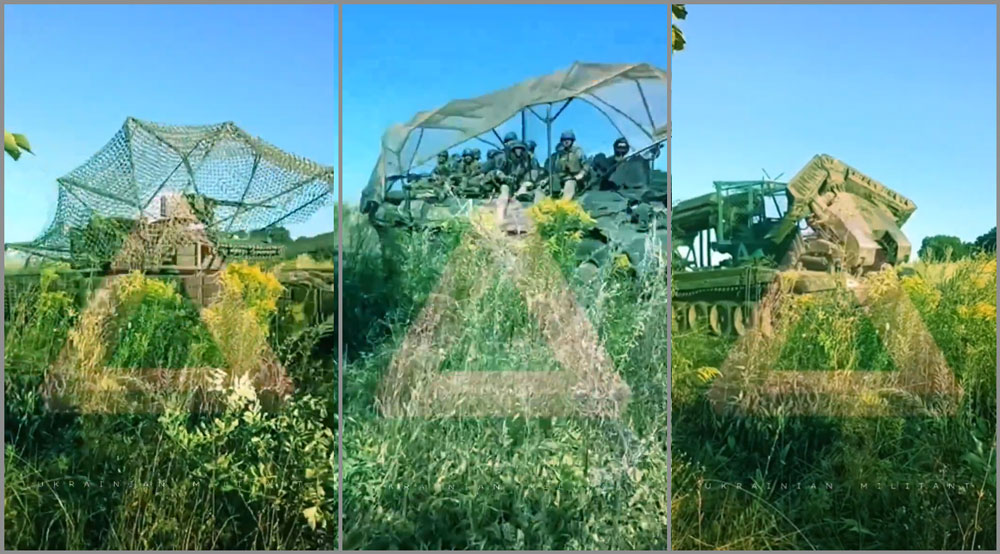ISW: Ukraine’s surprise Kursk incursion exposes gaps in Russia’s strategic planning
Despite significant investments in border fortifications, Russia's defenses proved inadequate during a recent Ukrainian Kursk incursion. ISW analysts predict this development may prompt Russian military leaders to allocate more resources for border protection and impact its large-scale offensive operations.


The Institute for the Study of War (ISW) claims that Ukraine’s recent surprise operation in Russia’s Kursk Oblast lets Ukraine temporarily “seize the battlefield initiative” in one area of the frontline.
Ukrainian forces launched an offensive in Russia’s Kursk Oblast on 6 August, reportedly advancing 30 km (18 miles) into the Russian territory and attempting incursions in other oblasts, like Belgorod.
This move comes after months of Russian dominance in determining the course of the war, according to ISW.
Russia held the theater-wide initiative since November 2023, allowing it to dictate the terms of engagement and forcing Ukraine into a reactive defensive posture. This strategy enabled Russia to pressure Ukraine and impede its ability to prepare for future counteroffensives, ISW states.
Ukraine catches Russia off guard
However, the surprise Ukrainian operation in Kursk Oblast challenged this dynamic, catching Russian leadership off guard.
ISW notes that this action has compelled the Kremlin and Russian military command to redeploy forces to an area where they were not previously conducting active operations.
As ISW states, “Russian President Vladimir Putin and the Russian military command likely incorrectly assessed that Ukraine lacked the capability to contest the initiative.”
Ukraine brings uncertainty into Russian military planning
The significance of this operation lies not just in its immediate tactical impact but in its potential to shift the broader strategic landscape of the conflict.
By demonstrating the capability to launch surprise operations on Russian soil, Ukraine introduced a new element of uncertainty into Russian military planning, according to ISW.
The think tank suggests that the Kremlin must now consider whether to treat the entire 1,000-kilometer (621 miles) international border with northeastern Ukraine as an active front requiring defense rather than a dormant area as it has since Fall 2022.
Despite investing heavily in border fortifications, Russia did not adequately staffed or equipped these defenses, leaving them vulnerable.
The recent Ukrainian incursion into Kursk Oblast exposed this weakness, likely prompting Russian military leaders to reconsider their border defense strategy and potentially allocate more resources to prevent future cross-border attacks, which may impact its ability to sustain large-scale offensive operations in Ukraine.
Related:
- “Alarming morning”: Russia evacuates Belgorod district amid “enemy activity on border”
- Zelenskyy calls for lifting restrictions on long-range strikes against Russia
- Ukrainian Commander-in-Chief on the frontline situation: we are continuing the operation
- Kyiv sees no evidence of Belarusian troop buildup on border



